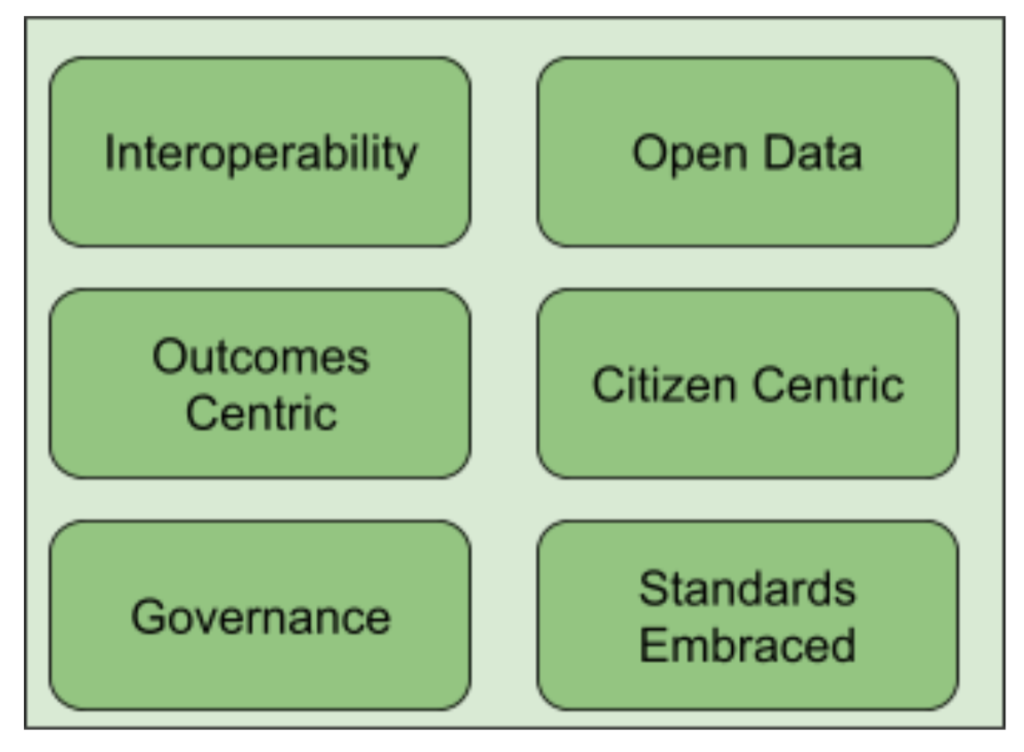As an experienced smart city consultant, I have a good idea as to the chances of success of a smart city project just from the questions asked by the project team. The thing is, every place is different. The start and end points, as well as the bits in between, are all unique.
Where we add value is not just by identifying where a place is on its smart path; but by identifying the precise actions required to help propel the place faster and further with lower risk and cost.
Here are some of my favourite questions place managers ask that tell me our collaboration will be interesting and transformative.
Questions Places Ask
Questions indicating a community is at an immature stage, which means lots of potential positive impact. Questions include:
- My leader wants to make an impact and have a very visual digital/smart project to show off to the population.
- Comment: Unless this investment is in digital infrastructures such as connectivity, skills uplift, innovation spaces, and knowledge exchanges then it will likely be a white elephant. So steer clear.
- I have been given a grant and I have plans to run 30 parallel projects across 6 different themes and they have to be complete in the next 36 months across the city.
- Comment: This is too ambitious, with not enough focus and way too many strands that will likely unravel rapidly. Successful smart communities start focused, small, and sustainable. They embrace iterative improvement. They replicate across the city based on success elsewhere in the city.
- I have great contacts in the tech industry. They are looking for places to try something out and are offering 90% discounts! The time-limited offer we need to take advantage of.
- Comment: Top-down and industry-led projects are typically short-lived and great for marketing purposes. So they do have a role. But they often lack that key ingredient – citizens, so end up being shelfware..
A more mature place, however….
Places that have been on the smart journey for a while, have a different set of challenges. Here, we get the opportunity to ask the questions.
- Does your place embrace open data?
- Do you actively engage citizens with this open data?
- Do the community leaders and citizens agree on the outcomes that are being captured as open data?
- Are these outcomes constantly being refined and questioned as being relevant for the place?
A great response will go along these lines:
Q1: Does your place embrace open data?
A1: Absolutely, yes. Our community has an open data portal and active users across a number of different organisations and sectors interacting with the portal. Both consume open data, create new insights from the data and then post this back to the portal.
Q2: Do you actively engage citizens with this open data?
A2: Our communities have active investigators and storytellers. Which combine to inform citizens on a regular basis. This includes as well, capturing feedback from citizens and ensuring this is fed into the decision-making process.
Q3: Do the community leaders and citizens agree on the outcomes that are being captured as open data?
A3: We have a shared governance board that regularly meets and also runs engagement actions on social media and outreach activities in communities directly. These include information roadshows and digital displays in community meeting points (GP surgeries, schools, community halls, and on the web). Outcomes are agreed upon by the community, with active ongoing voting and sentiment measurement through digital tools and social media platforms. Whilst not forgetting those not digitally connected.
Q4: Are these outcomes constantly being refined and questioned as being relevant for the place?
A4: At these meetings and direct engagements, a review of the information and trend analysis and whether expectations against the outcome are being realised is assessed. If not, then new outcomes are agreed upon or expectations re-set.
How to be more grown up.
The question then is how to be more like the best-behaved smart community versus the enthusiastic amateur. Use Smart City Standards. In particular, embrace the sustainable smart communities model which is enshrined in ISO37106.
This has a number of important themes outlined in the boxes below.
Figure showing themes from sustainable smart cities

Along with the following PAS184 Guide to Successful Smart City Projects. Which provides nine focus areas with each sub-divided again into a measurable element. With a clear statement of what ‘good looks like’. It is the measure of how close to that pass mark that informs a place as to what they need to do next.

Call to Action
Engage KnowNow to help your community to create viable plans that lead to a successful smart community. We use the PAS184 criteria. Then based on the assessment create viable mini-plans, which when executed shift the success chances from a maybe to a yes.
Why do this? Because it works. See the write-up on using PAS 184 A case study of how Winchester City used the approach with our help is here.
If you want your place to be a successful adopter of being ‘smart’ then get in touch.
